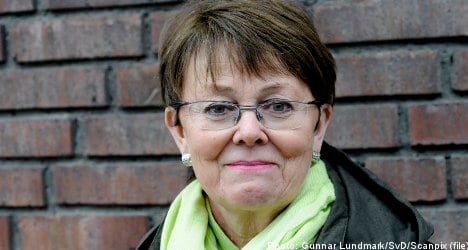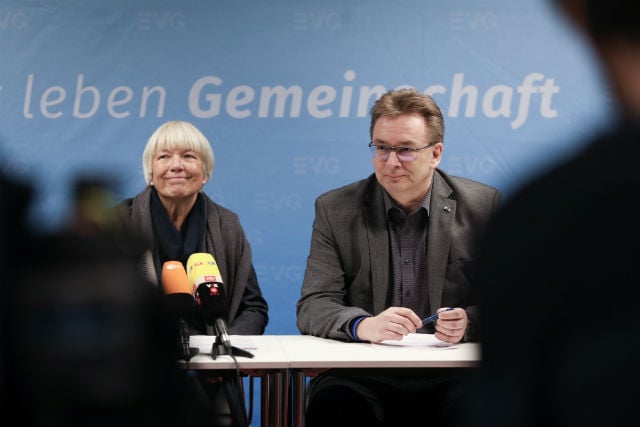In the long run, wages should be set on a completely individual basis, Swedish manager organisation Ledarna Chairwoman Annika Elias wrote in an opinion article for newspaper Dagens Nyheter (DN) on Sunday.
As such, the Swedish trade union movement must modernise or perish, Elias and negotiation leader Thomas Eriksson wrote in DN on Sunday.
They pointed out that the unions within the Swedish Trade Union Confederation (Landsorganisationen i Sverige, LO) and Swedish Confederation of Professional Employees (Tjänstemännens Centralorganisation, TCO) lost more than 40,000 members last year.
The membership collapse is a result of an outdated view of collective agreements, under which wages are negotiated in closed rooms by people who never meet the employees, according to Elias and Eriksson.
“The idea that wages are best negotiated in a group is a long-outdated notion. It is a legacy from August Palm’s days, when Sweden was an industrial society where large groups in the labour market had only gone to school for a few years,” they wrote.
Palm was a leader in introducing the social democratic labour movement in Sweden in the late 1800s and early 1900s. The labour market supplies well educated employees who want and can make their own choices, Elias and Eriksson added.
Ledarna sees its own model of a local salary structure as a reason behind its membership growth of nearly five percent in 2010. The organisation stopped negotiating central wage increases for its members in 1992.
Instead of the collective agreements, the setting of wage rates is negotiated between employees and managers.
“We want to give people greater opportunities to negotiate their own pay and conditions at the individual level. We want to transfer power from the organisations to individuals and businesses,” said Elias, adding it is “absolutely necessary” in the long run for wages to be set individually.
In response to how the weakest would be protected, Elias responded, “I think that it is a misconception that poor people receive greater support from the wage structure model we have today. There will always be people who are less attractive to employers than others, but it is already like this now.”
LO Chairwoman Wanja Lundby-Wedin dismissed Elias’ observations, pointing that Ledarna should not call itself a trade union.
“They are a good enough interest organisation for managers, but it is not a professional organisation,” she said.
She finds it difficult to understand Elias’ arguments, stating that it is wrong to say that wages are negotiated in closed rooms without transparency for employees.
“The whole idea with a union is that we do it together. Each individual does not have individual power. That we negotiate general wage increases through central collective agreements is obvious for a union. However, wages are often spread out locally and it can look very different,” she said.
TCO Chairman Sture Nordh also defended his organisation from the allegations.
“The illustration of how negotiations go with is totally incomprehensible. It does not take place like that. Workers settle their salaries individually in conversations with their bosses. That we would not support individual and differentiated salaries is naturally completely wrong,” he said.
Nordh believes that Ledarna abdicated its responsibility as a union organisation when it abandoned the principle of central negotiations for general wage increases.
According to Nordh, TCO has not lost members and instead gained 1,000 new members in 2010.



 Please whitelist us to continue reading.
Please whitelist us to continue reading.
Member comments